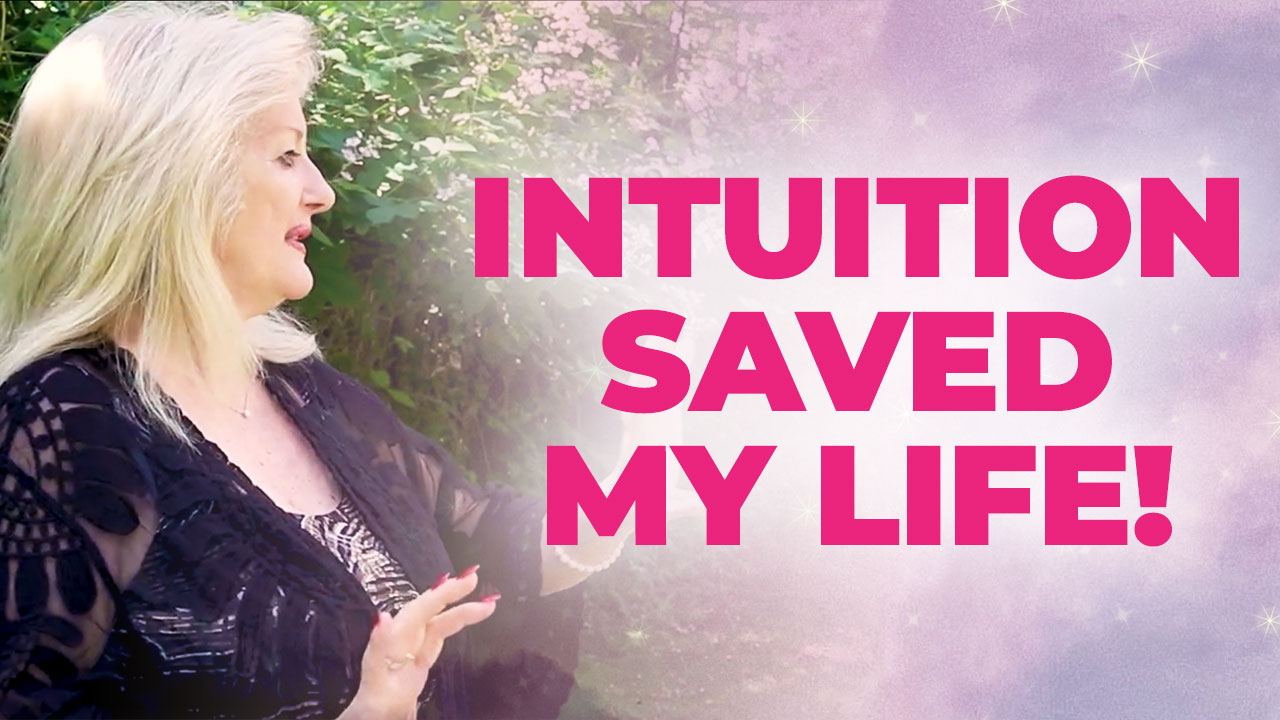In an increasingly tumultuous world, one might ponder: How can one navigate the profound complexities of existence while remaining anchored? The answer may lie in a practice that is both elusive and transformative—intuition. For Bahá’ís, intuition is not merely an abstract concept; it is a spiritual lifeline that can profoundly influence one’s journey toward self-realization and connection with the Divine. This exploration seeks to illuminate the myriad ways Bahá’í teachings embrace the concept of intuition and its invaluable role in personal and collective spiritual development.
To commence our inquiry, one must first understand the foundational tenet of the Bahá’í Faith that champions the inner spiritual capacities of all individuals. The teachings emphasize the importance of personal experience and the necessity of turning inward, which invariably includes cultivating one’s intuitive faculties. The Bahá’í writings suggest that intuition is a function of the soul, emerging as a beacon that guides individuals through life’s uncertainties.
Intuition can be seen as an innate faculty that transcends ordinary thoughts and logic. It often manifests as a subtle knowing—a whisper of the heart that can alert one to truths beyond the empirical realm. In this context, it becomes paramount to differentiate between superficial impulses and genuine intuitive insights. The latter often requires discernment, a quality that Bahá’ís believe must be developed through prayer, meditation, and a deepened connection with God.
One pivotal challenge arises in society today: How does one differentiate between intuition and mere coincidence or irrational impulse? This query warrants an examination of the emotional and spiritual states conducive to fostering intuition. The Bahá’í teachings advocate for a life steeped in virtues such as patience, humility, and detachment. When one cultivates these virtues, the clamor of external distractions diminishes, creating a fertile environment for intuitive understanding to flourish.
In contemplating intuition, one may also reflect upon the concept of the “Inner Voice.” This phenomenon is articulated in various religious traditions, yet within the Bahá’í framework, it takes on a specific significance. The Inner Voice serves as a conduit for divine guidance, a tool through which an individual can access a deeper knowing. It is said that this voice becomes clearer with regular reflection and devotion, drawing parallels to the idea that a well-tended garden bears more vibrant blossoms.
Moreover, the interplay between reason and intuition is another crucial dimension of Bahá’í thought. While the Faith places considerable emphasis on the power of reason as a tool for understanding the world and fostering unity, it also recognizes the limitations of rationality. In moments of crisis or convoluted decision-making, instinctual wisdom can illuminate pathways that logical reasoning alone may obscure. Bahá’í teachings encourage adherents to honor both faculties rather than prioritizing one over the other; thus, they affirm that intuition works in harmony with reason.
Embracing intuition necessitates a commitment to self-honesty and introspection. It implores individuals to confront their fears, biases, and preconceived notions, allowing them to approach their thoughts and feelings with a fresh perspective. A practice of daily reflection through meditation or journaling can facilitate this process. This introspective engagement allows for the surfacing of intuitive insights that may have been previously obscured by layers of external expectation or self-doubt.
Furthermore, the communal dimension of intuition can play a complementary role in the Bahá’í community. Engaging in deep consultation during gatherings can spur collective intuitive understanding. When individuals share and synthesize their insights, a richer tapestry of truth emerges. This collaborative process can lead to solutions that a singular perspective might fail to conceive, illustrating the profound interconnectedness of individual and collective wisdom.
Ah, but what of the skepticism that often arises in regard to intuition? Some may dismiss it as fanciful or anecdotal, leading to a potential rift between spiritual and rational perspectives. To address this challenge, it is crucial to embrace a multifaceted view of knowledge. The Bahá’í teachings assert that knowledge comes in various forms—scientific, philosophical, and spiritual—and that each holds validity in its own right. By acknowledging the legitimacy of intuitive knowledge, one broadens their capacity for understanding and navigating the complexities of life.
Ultimately, the path to harnessing intuition is not without its obstacles. It requires surrender, vulnerability, and an unwavering commitment to personal growth. Yet, the rewards are manifold. An individual who embraces their intuition is more adept at making decisions attuned to their core essence, which can foster a profound sense of peace and fulfillment. As challenges surface, as they do in every journey, the presence of intuition can act as a compass, providing reassurance in moments of doubt.
In conclusion, the interplay between intuition and the Bahá’í teachings presents not only a framework for understanding the self but also a vital approach to engaging with the world. By recognizing and nurturing our intuitive capacities, we align ourselves more closely with divine will and foster deeper connections both within and beyond our communities. Intuition is indeed a spiritual lifeline, guiding us as we navigate the intricate tapestry of life, urging us to embrace the unknown with curiosity and faith.
